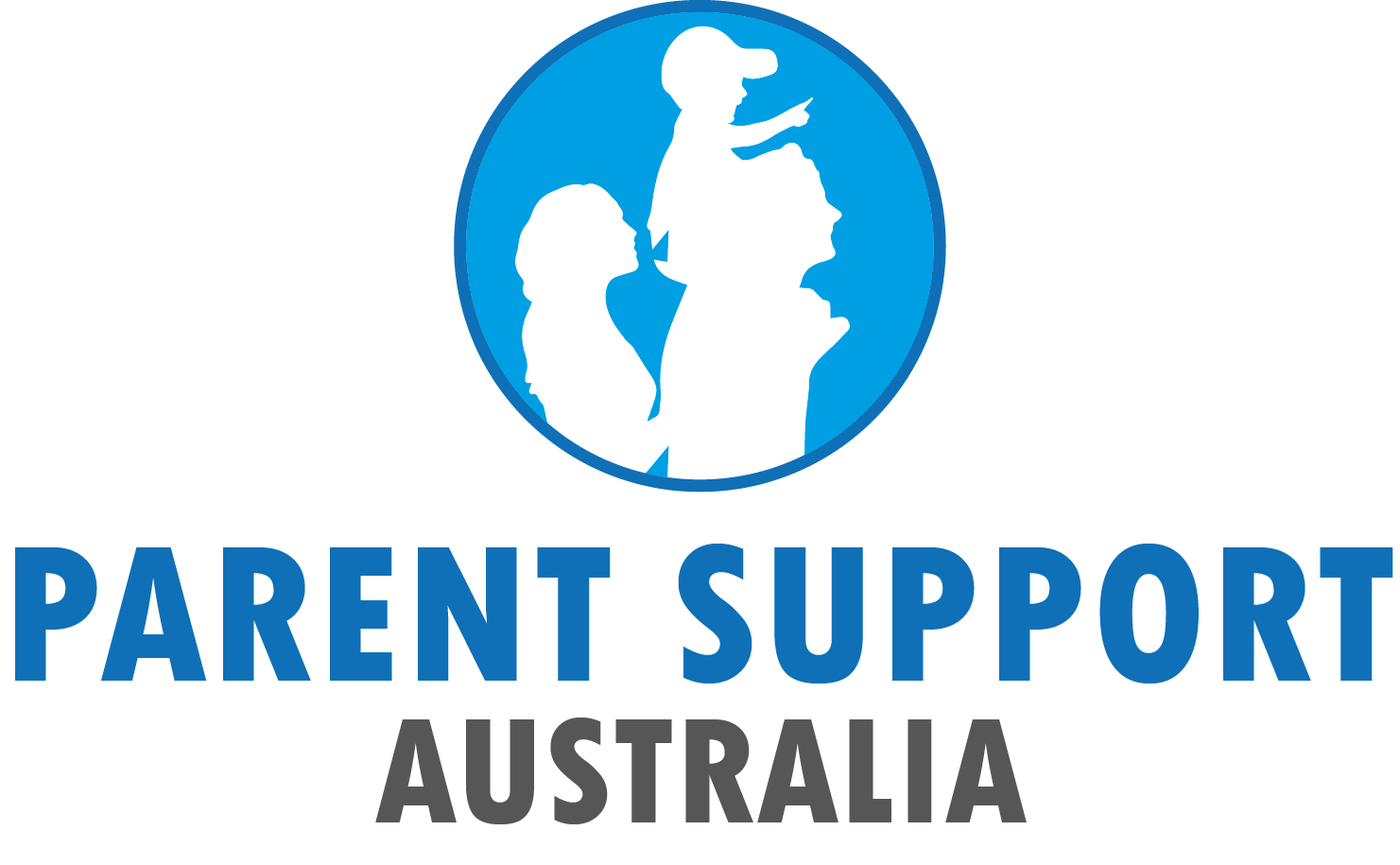“Transforming Challenges” welcome to a series of positive discipline parenting workshops! From great joy to struggles and ups and downs, there are a lot of things that can be said in regard to parenting. You learn how these workshops serve to help parents look at children’s misbehaviors as opportunities for growth and learning. You get practical strategies on how to set limits, encourage cooperation, and build strong relationships between the parent and child.
Well, let’s continue through the door of the Positive Discipline Parenting Workshops and find out that children’s challenges are what they need. So, grab that seat and start with me on an enlightening journey of positive parenting!
Understanding Positive Discipline

Before arriving at the benefits offered by the positive discipline workshop, it would be in place if we understood what positive discipline is all about. Positive discipline is one of the approaches to parenting characterized by teaching the children the right ways of life; in this case, it underscores doing this with positive reinforcements and mutual respect. This includes setting clear expectations, setting firm but very fair boundaries, and guiding children through empathy and understanding.
Seeing Misbehavior as an Opportunity
The philosophy of positive discipline centralizes the attitude that misbehavior is not a thing to punish but rather the child’s opportunity to grow and learn. Instead of responding in anger and frustration, positive discipline causes parents to stop and think about why their child is doing whatever it is that they are doing. Tired? Hungry? Wanting attention?
By comprehending the fundamental reason, we can address the behavior in a constructive and empathetic manner.
Practical Tools for Setting Boundaries
The Positive Discipline Workshops offer parents practical strategies in the toolbox to set limits. Parents learn to talk in ways so children learn to listen, understand positive language, rather than rebelling, and state expectations and consequences that allow for cooperation and understanding. By using limits that are firm and fair, children learn how to adhere to limits and develop a respect for rules.
Fostering Cooperation and Collaboration
Those are positive discipline workshops that enable a parent to foster an environment of cooperation and collaboration with the children, unlike the way children are engaged in problem-solving and making decisions for the parent who is using threats and punishment.
This is empowering not only for the children to own up to their behavior, but it is also a way of enhancing openness and ensuring that the parent’s relationship with the child is based on open communication and respect.
Building strong parent-child relationships

Among the most invaluable benefits derived from the positive discipline workshops are that they helped parents realize and build very strong and healthy relationships with their children. They are able to love and support their “children” through positive reinforcement, praise, and encouragement. This nurturing relationship lays the foundation for trust, resilience, and a lifelong bond between parent and child.
Conclusion
Embracing Positive Discipline In sum, there are so many benefits and gifts that come with parenting, as nurtured by the positive discipline parenting workshops. To be best placed to lead the way in these murky waters of parenting, there are many benefits and gifts that come with positive discipline parenting workshops. When misbehavior is viewed from the perspective of teachable moments, then conflicts can be turned around and made into opportunities for growth and learning. The Positive Discipline workshop will help parents become powerful in setting firmness, building cooperation, and strengthening relationships at home through practical tools. So, let’s, fellow parents, jump on this wagon of positive discipline. Let’s take challenges as opportune moments and see the real growth and learning of children in real practice. Remember, “We are all in this together,” and the Positive Discipline Workshop is there to help you start off on the right foot. Over to you: Share your positive discipline stories! So, what do you think? Have you ever been to any kind of positive discipline workshop yourself? Have you ever attended some kind of positive discipline parenting workshop, and if so, what did you take away from it? What kinds of strategies learned or discovered during the positive discipline workshop are most useful in your parenting? I hope this article helped you out a little. Share your thought, tip, or story in the comment box below. Let’s encourage one another in this great task of showing children how they should go!


















